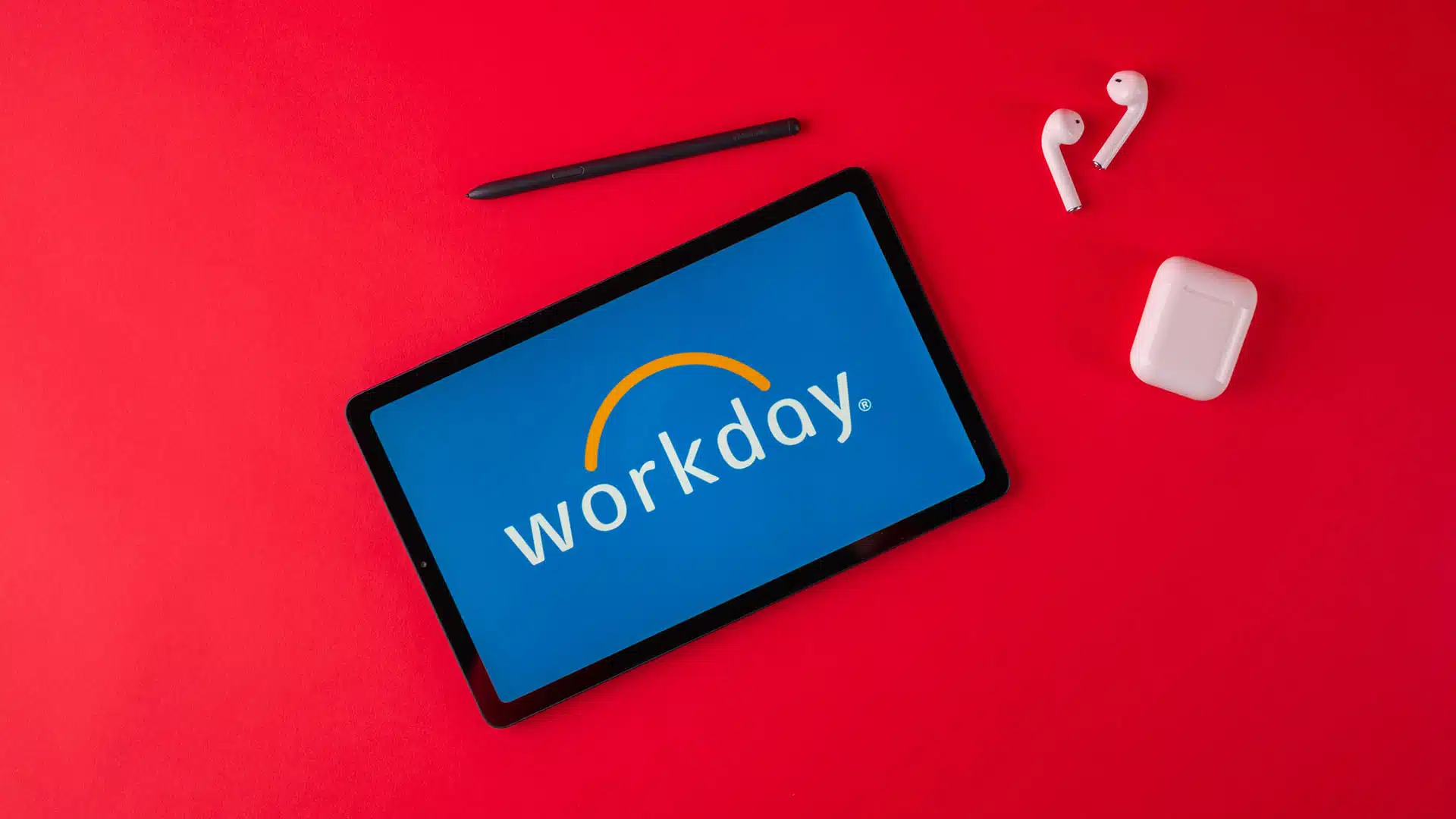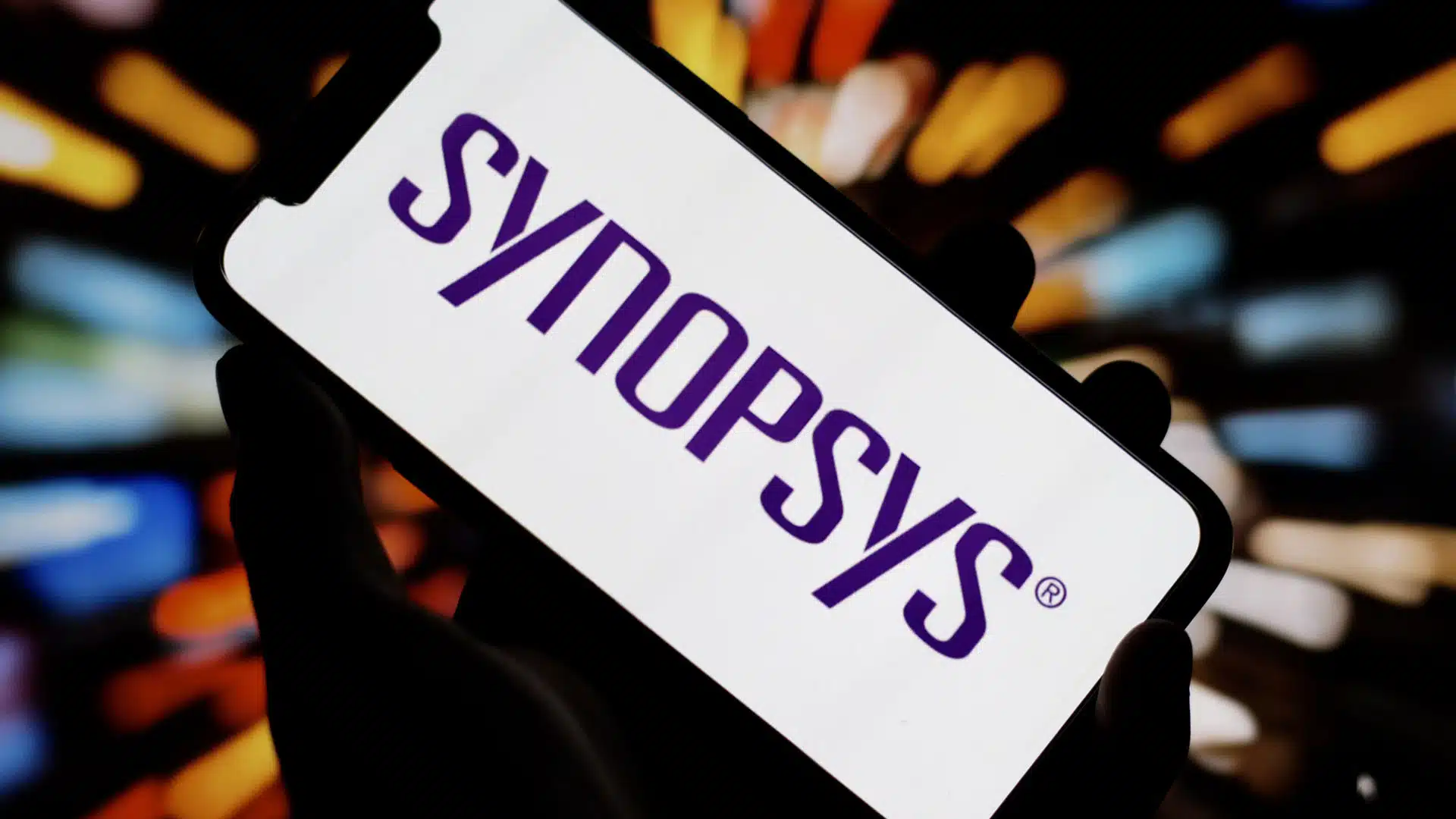The movie theater industry has been impacted greatly over the past several years by the confluence of multiple factors that were largely out of the control of operators. First, home theater technology has been improving over time, with the availability of 8K Ultra HD television, multichannel surround systems, 3D theater seats, and even virtual reality (VR) and augmented reality (AR) technology for consumers.
The COVID-19 pandemic added to theater operators’ woes, as in-person gatherings were severely curtailed in most areas, particularly for indoor venues. Perhaps most notably, movie studios shifted many of their releases from theaters to the streaming market, removing one of the key drivers of business to in-person theaters.
However, as the pandemic subsides, industry analysts expect the market to rebound and grow over the next several years, according to a report from PwC. For CX practitioners, there are several lessons that can be learned from the theater industry and applied to other verticals, largely around creating unique, exciting, and engaging experiences.
Create premium experiences that exceed expectations
A key strategy deployed by theater operators has been to improve the quality of the theatergoing experience. Gone are the days of small, uncomfortable seats and a sticky floor; today’s theatres feature reclining seats with integrated tables and cupholders, wide spaces between each row to allow patrons to quickly exit and enter, tiered seating permitting a great view of the screen from any seat, and top-notch sound (and, in some cases, 4D features such as vibration or other effects), as well as other digital content that totally immerses customers in the content being shown. Further, theaters also have allowed patrons to reserve seats beforehand and offering items traditionally not available at the theater (such as alcoholic beverages).
The goal of these changes was to replace the negative tropes about the theatergoing experience with new, positive ones that address customers’ desires and demands. This approach can be replicated in other industries by a) identifying points of dissatisfaction with the environment, amenities, or offerings, b) making necessary changes, and c) letting both prospects and customers know about these changes.
This three-pronged approach can be applied to many types of companies, and involves capturing customer feedback on the points of dissatisfaction, coordination between operations, marketing, and C-level strategists to ensure a common vision for improvements, and the use of an omnichannel outreach strategy to publicize changes, and reinforce the messaging that the company has taken a customer-centric approach to its products and services.
Create environments that support shared experiences
Theaters have figured out that as the pandemic subsided, customers were seeking out ways to connect with others again, live and in-person. Many operators have allowed customers to rent out theaters for private events, and have also offered Groupons and other discounts to entice larger groups to attend together. Businesses in other sectors can take a similar approach, by offering discounts to larger groups, or creating theme-based offerings to attract people who have a shared interest in a product or service. In addition to driving revenue, companies that can create a positive customer experience likely will share those experiences with others, and possibly become evangelists.
Provide alternative content or services
Theater operators have been thinking outside the box, transforming their venues from a place to watch movies, to hosting a variety of alternative content. Some operators have opened their doors to patrons seeking to watch live sporting events, hosting in-person musical or comedy performances, and even e-sports tournaments. This approach not only creates more opportunities to generate revenue, but introduces the theater to new customers.
Other businesses have and should continue to take lessons from this approach. For examples, musical instrument stores have held in-store appearance events from artists, who hold Q&As or clinics, which can attract fans that normally would not come to the store. Gyms have held outdoor classes, which provide additional visibility for the business, and create a fun customer experience for existing members. And even large-scale arenas and stadiums have realized the benefit of holding in-person, live watch party events for fans who are not able to secure tickets to premium sporting events.
Link a live event to digital assets
In this digital age, it is impossible to ignore the need to link activity in the real world to your digital strategy, which should include the company website, social media sites, communities, and mobile apps. These channels can be utilized in a bi-directional fashion, for both promoting events and services, as well as capturing feedback and spreading the word about your brand, product, or service.
Author Information
Keith Kirkpatrick is VP & Research Director, Enterprise Software & Digital Workflows for The Futurum Group. Keith has over 25 years of experience in research, marketing, and consulting-based fields.
He has authored in-depth reports and market forecast studies covering artificial intelligence, biometrics, data analytics, robotics, high performance computing, and quantum computing, with a specific focus on the use of these technologies within large enterprise organizations and SMBs. He has also established strong working relationships with the international technology vendor community and is a frequent speaker at industry conferences and events.
In his career as a financial and technology journalist he has written for national and trade publications, including BusinessWeek, CNBC.com, Investment Dealers’ Digest, The Red Herring, The Communications of the ACM, and Mobile Computing & Communications, among others.
He is a member of the Association of Independent Information Professionals (AIIP).
Keith holds dual Bachelor of Arts degrees in Magazine Journalism and Sociology from Syracuse University.








